What Mortgage Loan Product should I apply for?
Buying a home is an exciting milestone, but it often comes with the need for a mortgage loan. With a large array of options available, understanding the different types of mortgage loans is crucial for making an informed decision. In this blog post, we will be exploring the most common types of mortgage loans, outlining their features and benefits. By the end of this blog, you should have a better understanding of which loan is right for you and your unique situation.
Conventional Loans:
Conventional loans are the most common type of mortgage loan and are not insured or guaranteed by any government agency. These loans typically require a higher credit score and a larger down payment compared to other loan types. The advantage of a conventional loan is that once you have built at least 20% equity in your home, you can avoid paying private mortgage insurance (PMI). Conventional loans come in two primary forms: conforming and non-conforming. Conforming loans fall within the guidelines set by Fannie Mae and Freddie Mac, while non-conforming loans fall outside those limits. When considering a conventional loan, it is important to consider your credit score, down payment capacity, and ability to satisfy the qualifications.
Federal Housing Administration (FHA) Loans:
FHA loans are backed by the Federal Housing Administration, which makes them an attractive choice for individuals buying their first home or those with limited funds for a down payment. These loans only require a minimum down payment of 3.5% and are more forgiving when it comes to credit scores and debt-to-income ratios. Additionally, FHA loans allow for higher debt-to-income ratios compared to conventional loans. However, FHA loans require mortgage insurance premiums (MIP) throughout the life of the loan, which can increase monthly payments. Consider an FHA loan if you have a lower credit score, limited down payment, or higher debt-to-income ratio, but be aware of the long-term costs associated with MIP.
Department of Veterans Affairs (VA) Loans:
VA loans are specifically created to assist veterans, active-duty service members, and surviving spouses who meet the eligibility requirements. These loans are guaranteed by the Department of Veterans Affairs and often come with favorable terms, including no down payment requirement, no private mortgage insurance, and competitive interest rates. VA loans also have flexible qualification guidelines, making homeownership more accessible for veterans. However, it is important to understand that VA loans may have funding fees associated with them, which can be financed into the loan. If you are a qualifying veteran or service member, exploring VA loans can be a beneficial option.
United States Department of Agriculture (USDA) Loans:
USDA loans, also known as rural development loans, are intended for individuals purchasing homes in eligible rural areas. These loans offer low or no down payment options and have flexible credit requirements. USDA loans come with income limitations and property location restrictions, ensuring they are targeted toward borrowers in rural communities. While USDA loans can provide affordable financing for those in eligible areas, it's essential to verify the property's location and evaluate the income limitations before pursuing this loan option.
Choosing the right mortgage loan is one of the most important steps in the home buying process. By understanding the different types of mortgage loans available, you can make an informed decision based on your financial situation and homeownership goals. Conventional loans offer flexibility and are ideal for borrowers with good credit and a sizable down payment. FHA loans provide opportunities for individuals with lower credit scores and limited down payment funds, although long-term costs should be considered. VA loans are designed for eligible veterans and service members, providing favorable terms and accessibility to homeownership. USDA loans cater to borrowers in eligible rural areas, offering affordable financing options.
Ultimately, the right loan for you depends on your specific situation and preferences. Consider factors such as credit score, down payment ability, debt-to-income ratio, and property location. Consulting with a reputable mortgage lender or financial advisor can provide valuable guidance tailored to your needs. Remember, selecting a mortgage loan is a significant financial commitment, so take the time to thoroughly research and understand the loan options available. By doing so, you can embark on your homeownership journey with confidence, knowing you have made a well-informed decision that aligns with your financial goals.
About the Author

Meet Richard White! Richard is the person to go to whenever you have any questions about your course or the process of obtaining your real estate license.
Recent Posts
Let's Stay Connected
Follow us on and become part of the PREC community
Never miss a tweet by connecting with us on Twitter
Check our our posts about trends in real estate industry and market






